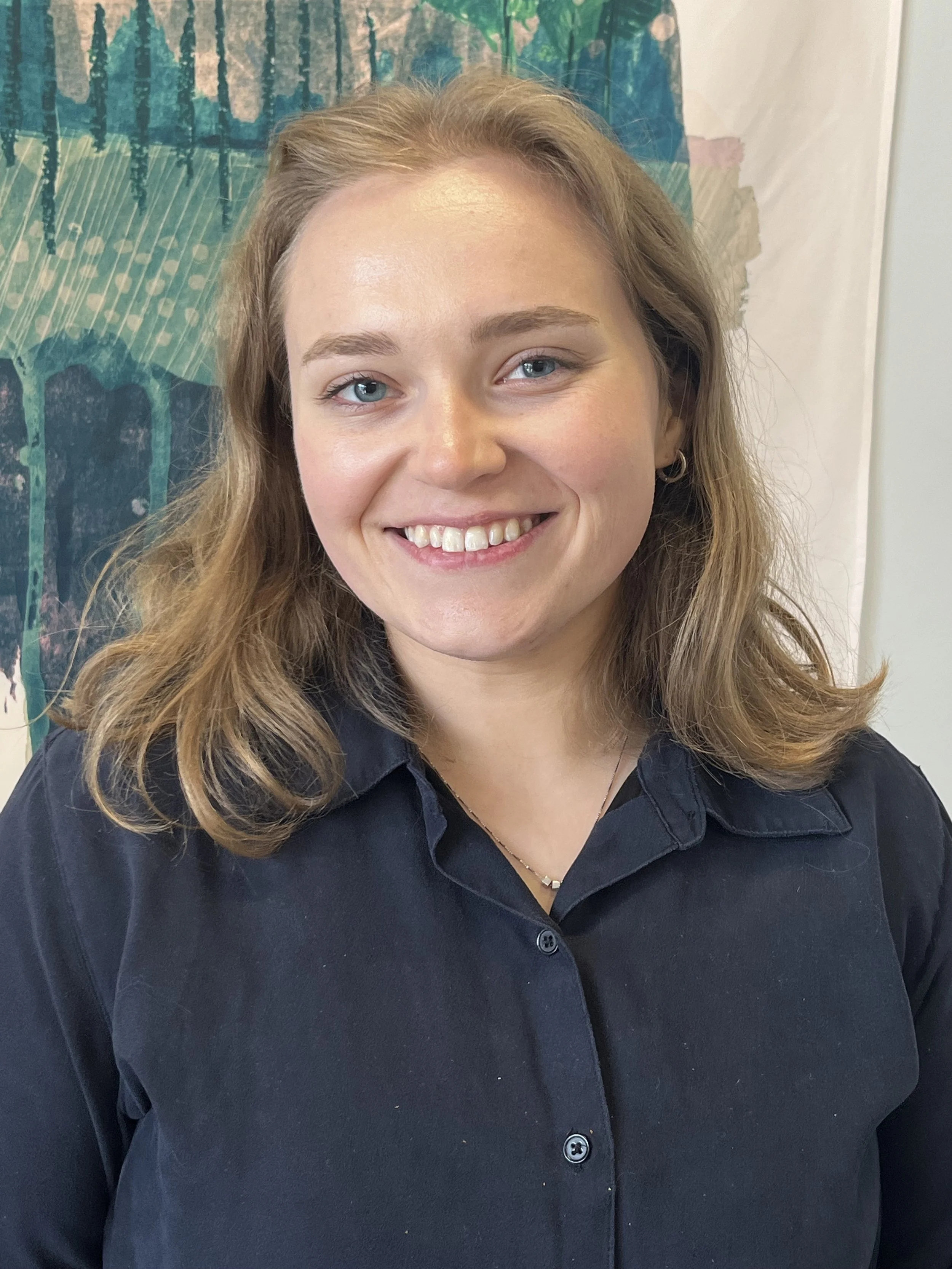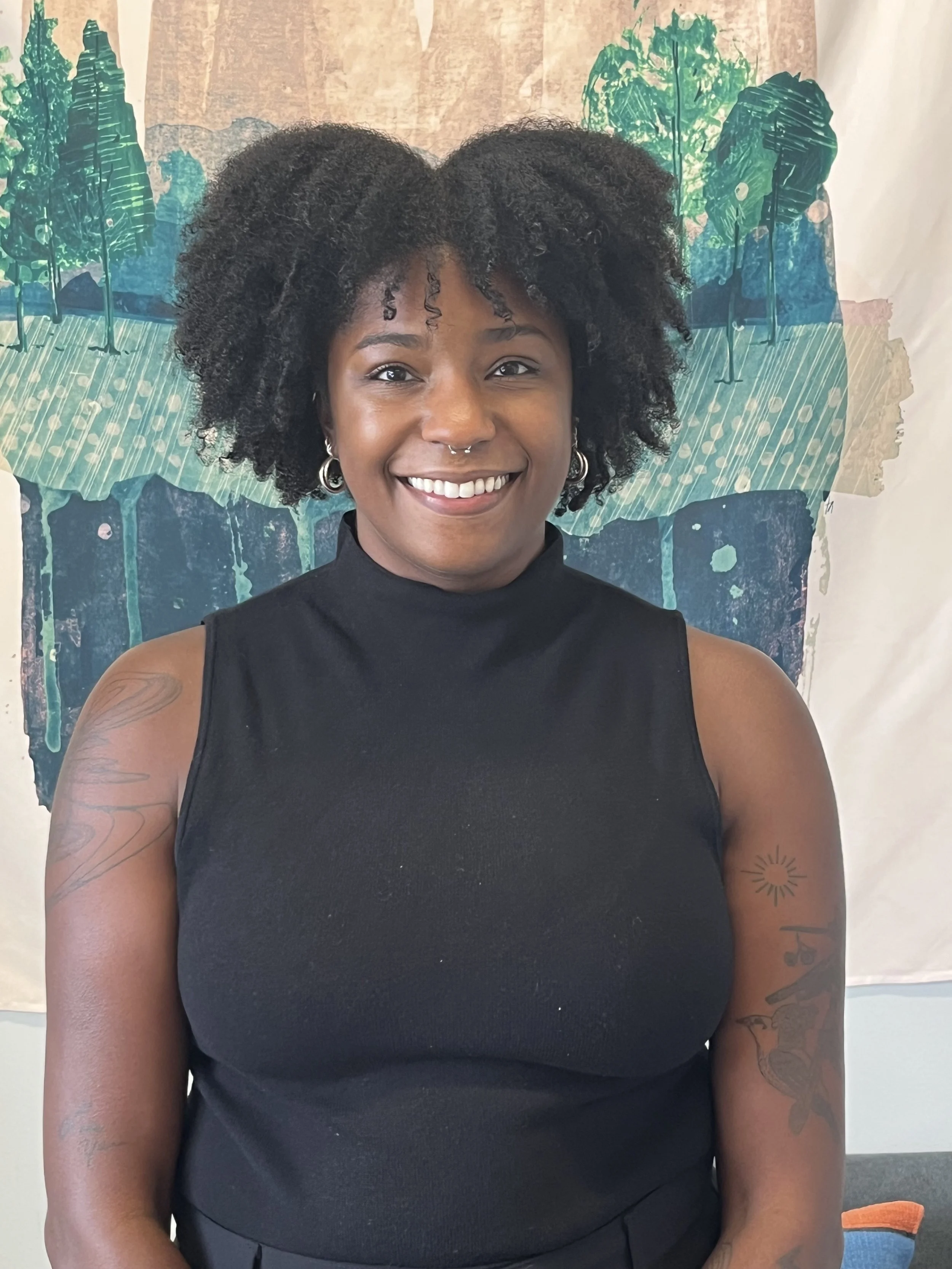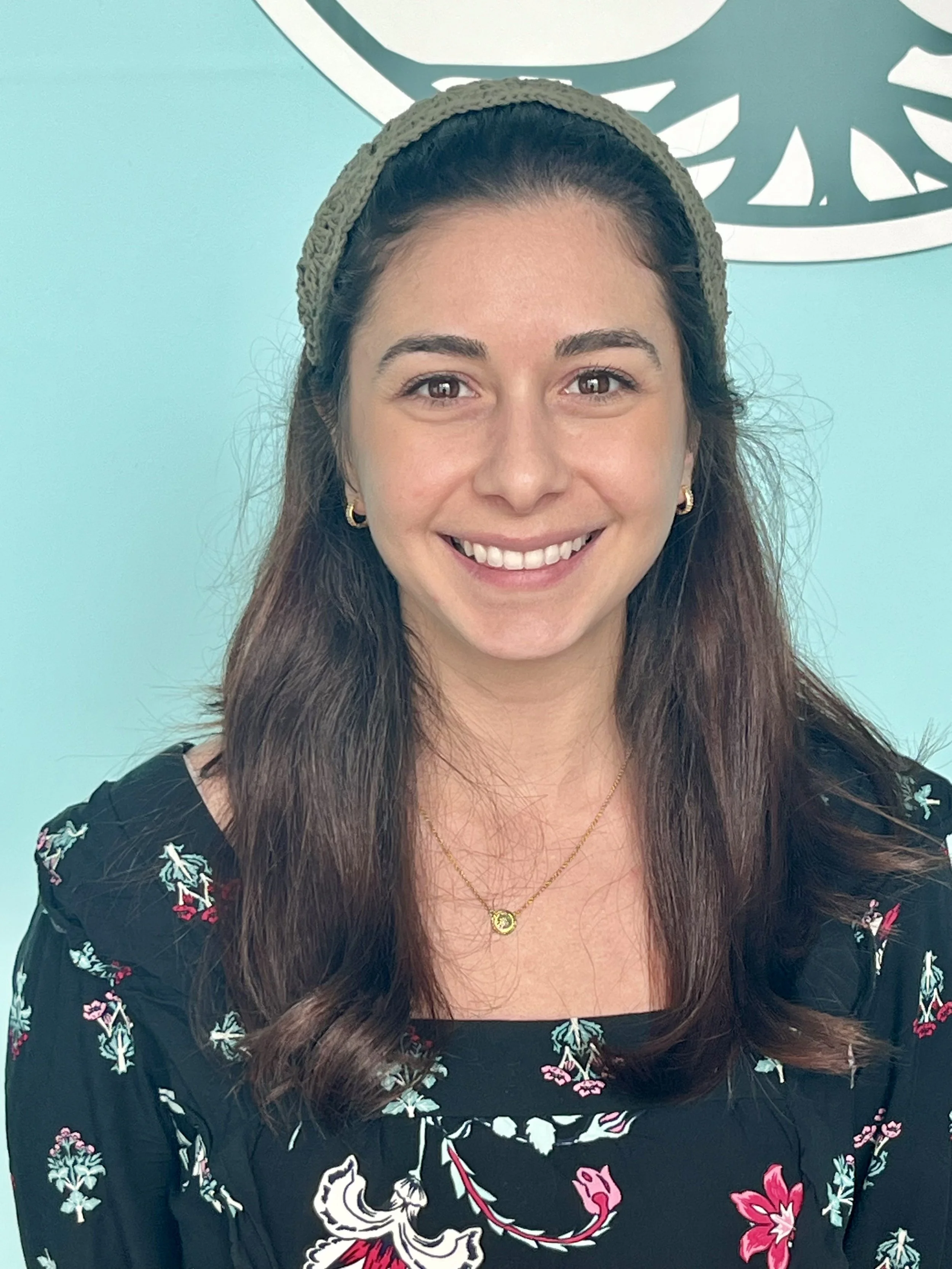
Graduate Training
Meet the Intern Class of 2025-2026
-

Maitlan Carabello
pursuing MA in Social Work, University of Illinois Chicago
-

Kay Denis
pursuing PhD in Clinical Psychology, Loyola University Chicago
-

Cacau Weiss
pursuing MA in Clinical Counseling & Psychotherapy, Institute for Clinical Social Work
Each academic year, The LoSAH Center of Hope trains a small cohort of advanced graduate and doctoral students in psychodynamic community mental health.
We are a second-year placement for master's students and a therapy placement for doctoral psychology students. Applicants should have some client or human services experience. Students interested in community mental health and psychoanalytic theory are a good match. Bilingual ability is preferred but not required. We specifically seek students who can speak Spanish, Arabic or Korean.
We have trained students from Adler University, Chicago School of Professional Psychology, DePaul University, Erikson Institute, Institute for Clinical Social Work, Loyola University Chicago, Northeastern Illinois University, Northwestern University, School of the Art Institute of Chicago, the UIC Jane Addams College of Social Work, and the University of Chicago Crown Family School of Social Work.
Applications for the 2025-2026 academic year are closed. We will begin reviewing applications for the 2026-2027 in February 2026 and will schedule interviews on a rolling basis.
Graduate Student Programming
All graduate and doctoral students at the LoSAH Center will have access to a number of programs and resources to enhance their learning. Learn more here!
-
A weekly case presentation with the staff and our clinical consultant, with a focus on family dynamics, child and adolescent development, and working in the community.
-
A bi-weekly seminar conducted by Charles Turk, MD that supports clinical writing and presentation, and which applies psychoanalytic theory to case material.
-
A series presented by advanced practitioners who share their work and case conceptualization with staff. Presenters have come from the Chicago Center for Psychoanalysis, the Chicago Institute for Psychoanalysis, Institute for Clinical Social Work, Loyola University Chicago, and the Illinois School for Professional Psychology. Presentations have included topics of countertransference, trauma, child bereavement, working with parents, and working with recent immigrants to the United States.
-
Trainees receive at least one hour per week of individual supervision with an experienced, licensed psychotherapist. Supervision is available in most disciplines according to the needs of the student's program.
-
A weekly clinical seminar conducted by the clinical training team.
-
Outreach to community programs in our service area, participation in our community nights, and attending events hosted at the center.

